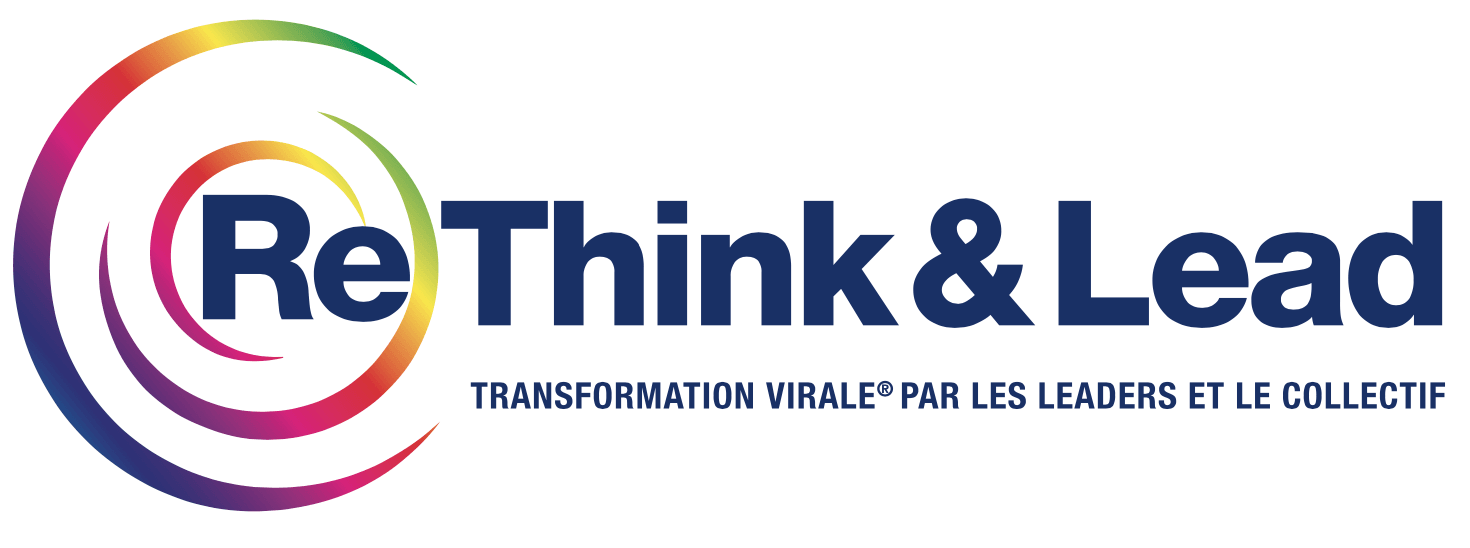Finding the Right Balance: the challenge of managers during the crisis - CHRONICLE published on March 23, 2020 in Les Echos Executives by Paule Boffa-Comby
Advice from a coach : Complex trade-offs are the daily lot of managers. In a crisis situation, they require courage and stability.
Does ordering a confinement as a protective measure and in anticipation of the serious consequences of a saturation of our healthcare system in the event of a pandemic peak? Or making citizens aware of their responsibilities so that their civic conscience operates and avoids endangering the weakest?
Closing plants to protect the health and safety of employees, their families, society? Or run them to secure supply chains, meet consumer needs and ensure the survival of the company and the global economy?
Complex trade-offs are the daily challenge of managers, they are even inherent to the function. But it is in times of crisis that their impact proves to be the most decisive and the leader's role is the most uncomfortable and decisive. A three-step method.
Resisting short-term pressure
As the unprecedented global, health and economic crisis rumbles on, the pressure of the decision expected by all is added to the total uncertainty as to its duration, its impact on people, companies and societies. However, precisely because we are pressed for time, the manager must know how to allow himself time to listen and exchange with the most qualified and diverse interlocutors, the most representative of the stakeholders concerned. He must make sure he does not fall into a common trap, that of the blinders born of personal, professional and political decision-making biases, etc.
Mobilizing the power of the collective
The more the manager wants to react better and quicker, the more the manager must take a step back and pull back. At the same time, they must remain the guarantor of the framework the objective and provoke a qualitative dialogue to which everyone contributes. Their responsibility is to hide nothing and to express themselves whenever they can bring added value to the ongoing discussion, and thus to the final decision.
The leader must be there, even from a distance, commit himself - lead by example - and keep his values alive, his desire to act so that his company makes a difference of which each employee can be proud.
Acting on the final decision
In the end, only one person makes the decision. This is the "privilege" of the management function itself. And this, while each decision - as the manager knows - will be scrutinized, dissected, sometimes even revisited in view of new information that could not previously be taken for granted. Deciding in the midst of uncertainty requires courage and stability. To decide is to choose and choosing is not always comfortable. Nevertheless, this is an integral part of the "rights and duties" of the leader, who will also gain in credibility.

Suggested Articles


